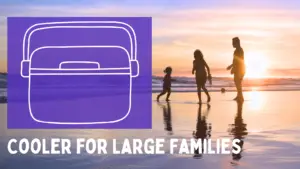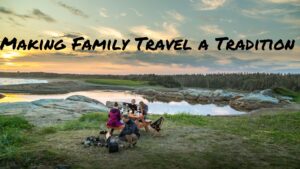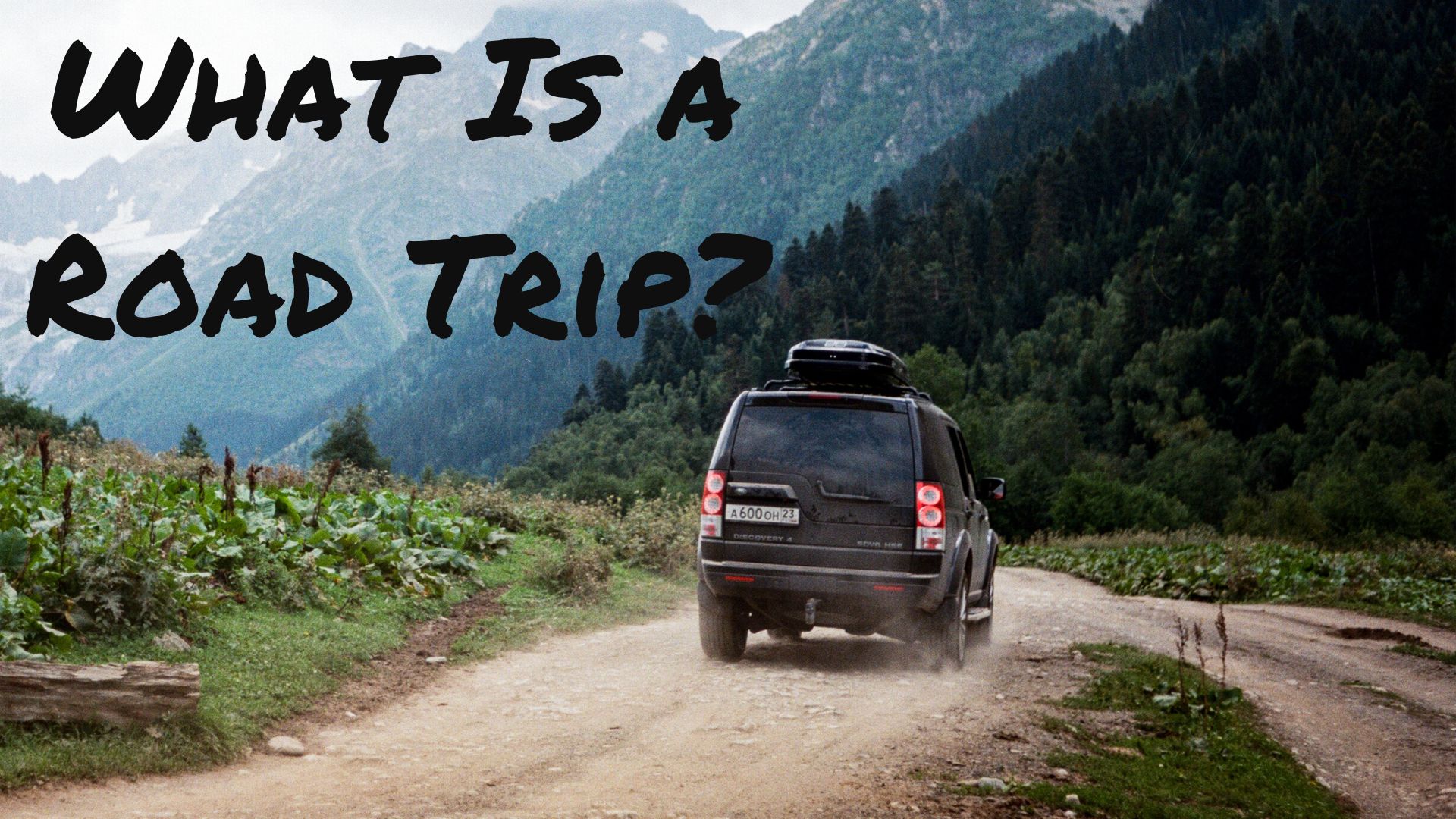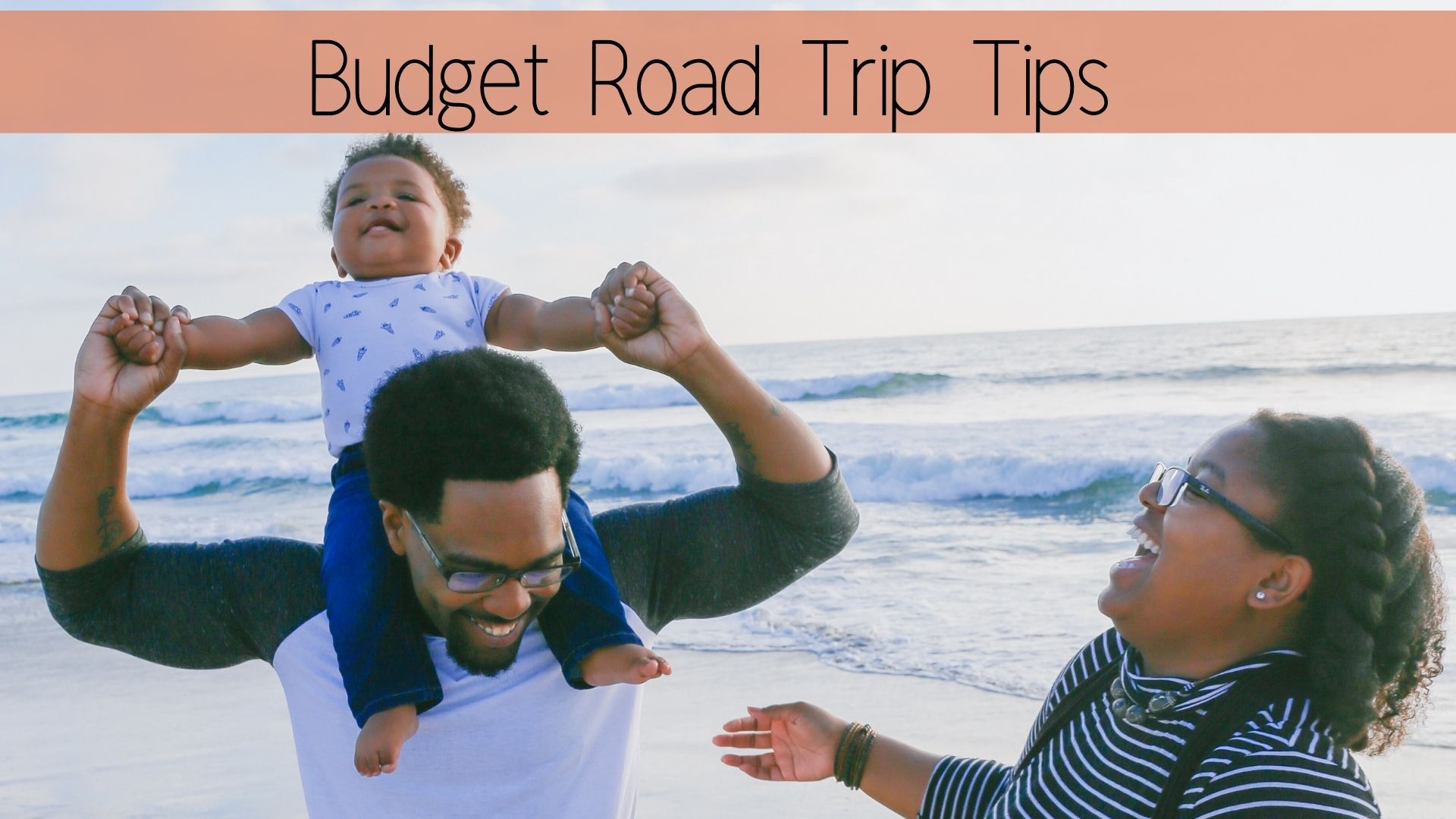Spending a night under the stars may seem like a great plan during the day, but when night falls you may start to wonder if it is safe.
Sleeping outside in pleasant weather is safe in most areas, and can decrease stress and promote relaxation. Avoid sleeping without shelter in cold weather or rain as this could dangerously lower your body temperature. Even in very populated areas it is possible that racoons, skunks, snakes and other wildlife may approach you while you sleep.
While it can be very romantic to sleep outside, be sure you are familiar with your surroundings.Sleeping outside in a tent can add a layer of security against the elements and wildlife.
Sometimes, it is just really difficult to find accommodations and it may seem like sleeping outside is the best option for your night.

Is it safe to sleep outside without a tent?
Sleeping outside without a tent is safe as long as the night temperature is between 90 degrees fahrenheit and 30 degrees fahrenheit. In remote areas be sure that you store your food away from your sleeping area to discourage visits by wildlife.
Judge the safety of the situation by considering:
Weather
Be sure to investigate the weather before you plan to spend the night under the stars. Check not only the daytime temperature, but the overnight temperature as well.
Rain, sleet, and snow should be avoided if you will be sleeping outside without a tent.
If you find yourself caught in some wet weather, find cover to stay as dry as possible. Even in good temperatures you can quickly develop hypothermia in wet conditions.
Familiarize yourself with the symptoms of hypothermia with this resource from the CDC.
Wildlife
Even in very populated areas we share our environment with various animals.
Urban areas we mostly see skunks, racoons, squirrels, insects and occasionally snakes. These animals are unlikely to approach you while you sleep, but you should store your food away from where you are sleeping to discourage nocturnal visitors.
If you are hiking and camping in a new area, seek expert advice about safe sleeping.
A park ranger or employee can give you an up to date threat level from wildlife and recommend safe sleeping practices in their park.
Gear
The quality of your camping gear, sleeping bag, sleeping pad, shelter and food storage may make it easier or more difficult to sleep outside.
A sleeping bag that is rated for the ambient temperature and a high quality sleeping pad can insulate you well from the ground.
A cheap sleeping bag with no sleeping pad will make it much more dangerous to sleep outside without a tent.
Experience
More experienced campers and hikers have developed skills to set a safe comfortable camp than a new camper.
If this is your first camping experience it might not be a good idea to risk extreme temperatures without a tent, but if you have done it a dozen times you are probably able to recognize your own limitations.
Hire a guide when available to make your camping dreams come true.
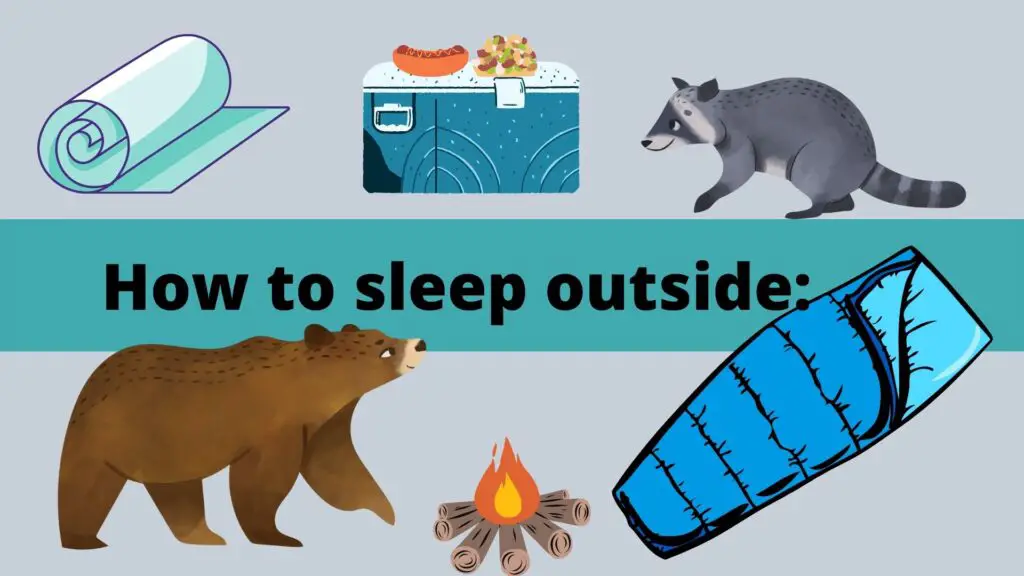
How can I sleep outside?
The best way to plan a trip to a new location is to consult a local guide. If you are planning a trip and you are planning to sleep outside, talk to a ranger or guide in that area for specific tips and safety measures that are important in that location.
Some things to consider when planning your night under the stars:
Check Weather
Be sure to check the forecast frequently and pay attention to night time temperatures.
Sleeping Mat
A sleeping mat is going to make your night more comfortable.
Sleeping mats come in many styles and they can be rated for different climates, surfaces and temperatures. Be sure to select a mat that can be stored and carried easily and will insulate you from the ground temperatures.
Store Food
Animal encounters are often the result of the animal looking for food.
Protect your food and yourself by getting a food storage container that can hold all your food and protect it from animals.
Bear canisters are a great option and they are small and easy to carry.
Stay Dry
Rain and snow can soak your gear and your clothes very quickly. Being wet means that you are susceptible to hypothermia very quickly.
Even if you plan to spend the night out under the sky, have a exit strategy if you are unable to stay dry.
What temperature is it safe to sleep outside?
As a general rule when the temperature is below 32 degrees or above 90 degrees it is unsafe for most people to camp outside. Sleeping bags rated for lower temperatures may make it possible to camp in lower temperatures. Camping in hot weather requires regular hydration to avoid cramping and heat exhaustion.
Always check the weather, including the night time temperatures when you plan to be outside.
These temperatures may be comfortable during the day while you are moving around, eating and drinking, but your body may respond differently to night temperatures when you are sleeping.
Be sure to use a sleeping pad to insulate your body from the ground. This can drastically improve your comfort and allow you to stay warmer.
Consider the gear that you have and if it seems like it might be too cold, make other sleeping arrangements. Having a tent allows for greater insulation from the cold, but may amplify heat.
Is it healthy to sleep outside?
There are benefits of sleeping outside and spending time in nature. The most important benefits of sleeping outside are sleep improvements, immunity boosting and grounding.
Sleep
Several studies have been done on the effects of spending time sleeping outside, and they all showed that if you sleep outside you will have a more regular sleep and wake pattern.
One report says that you can move your circadian rhythm two and a half hours closer to your natural wake/sleep pattern.
Spending time outdoors where the wake/sleep signals of light and dark are stronger can completely change your sleep patterns.
If you are struggling with falling and staying asleep, spend a few nights outside in pleasant weather and see if that gets you back on track.
Grounding
The practice of being in contact with the ground with your bare skin, or grounding has many benefits.
You do not have to do much convincing to get me to walk around barefoot, I have always loved it and I have the calloused feet to prove it.
The practice of grounding can instantly reduce stress and improve sleep. There is some evidence that grounding can also speed wound healing.
To get all the benefits of grounding you will want to make sure that you are making contact with the Earth with bare skin. Even a few minutes of walking in the grass outside of your hotel can have benefits.
I think this is a hack everyone should know. I have shared this practice with many people.
Immunity
Spending time in nature can boost your immune system for weeks after you are back at home.
The impact on immunity is tied to the increased sleep experienced by people who spend time outdoors.
People in modern society tend to delay their natural sleep time by 2 hours or more, but when those same people are outside, they sleep and wake at more natural times.
This sleep cycle improves immune function.

